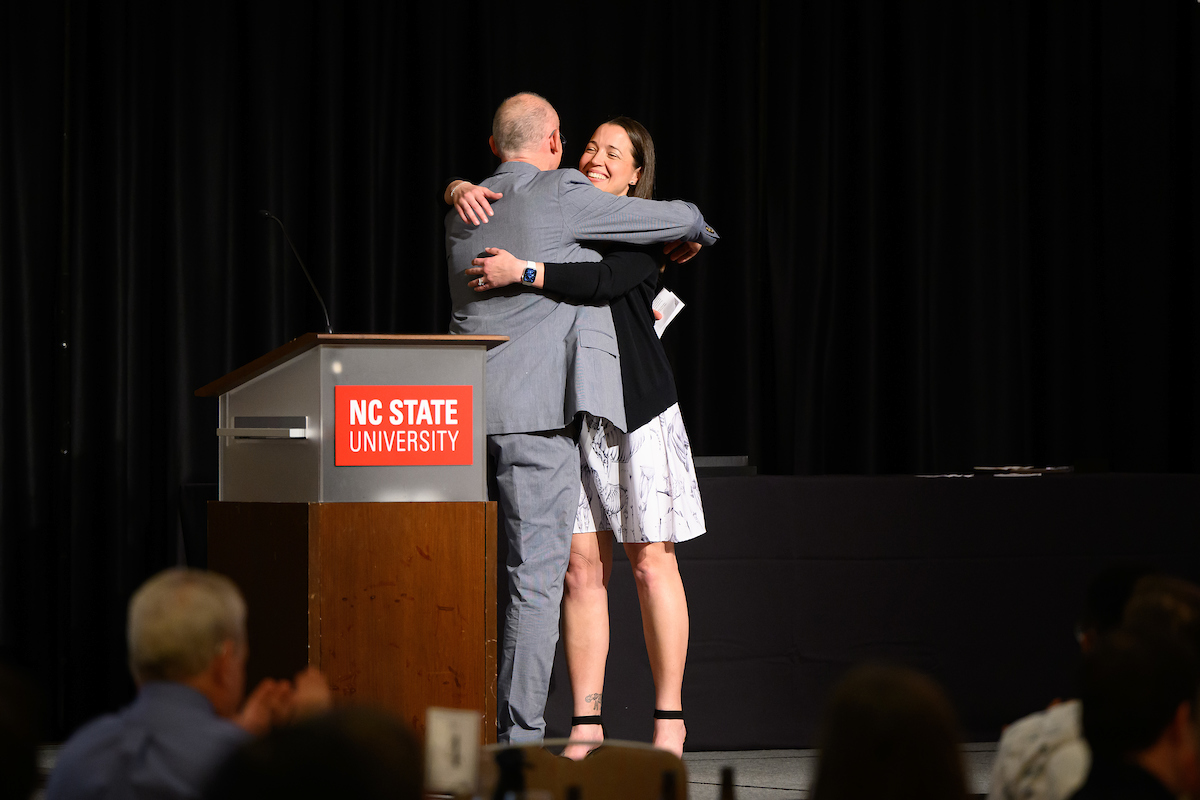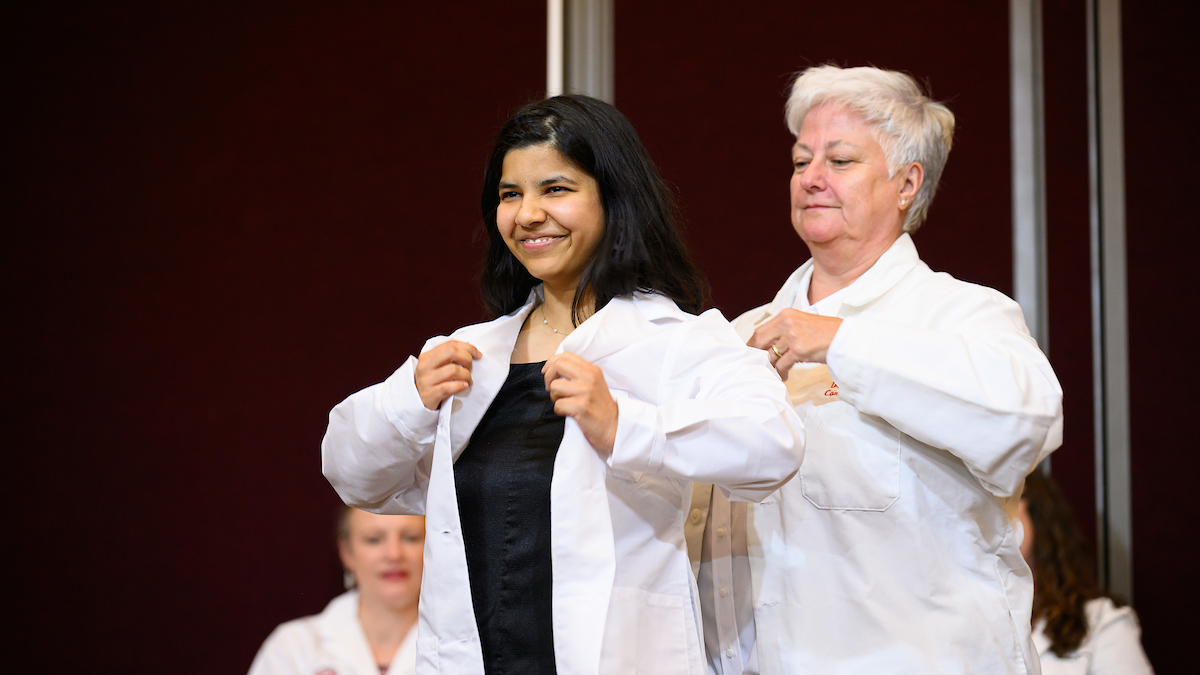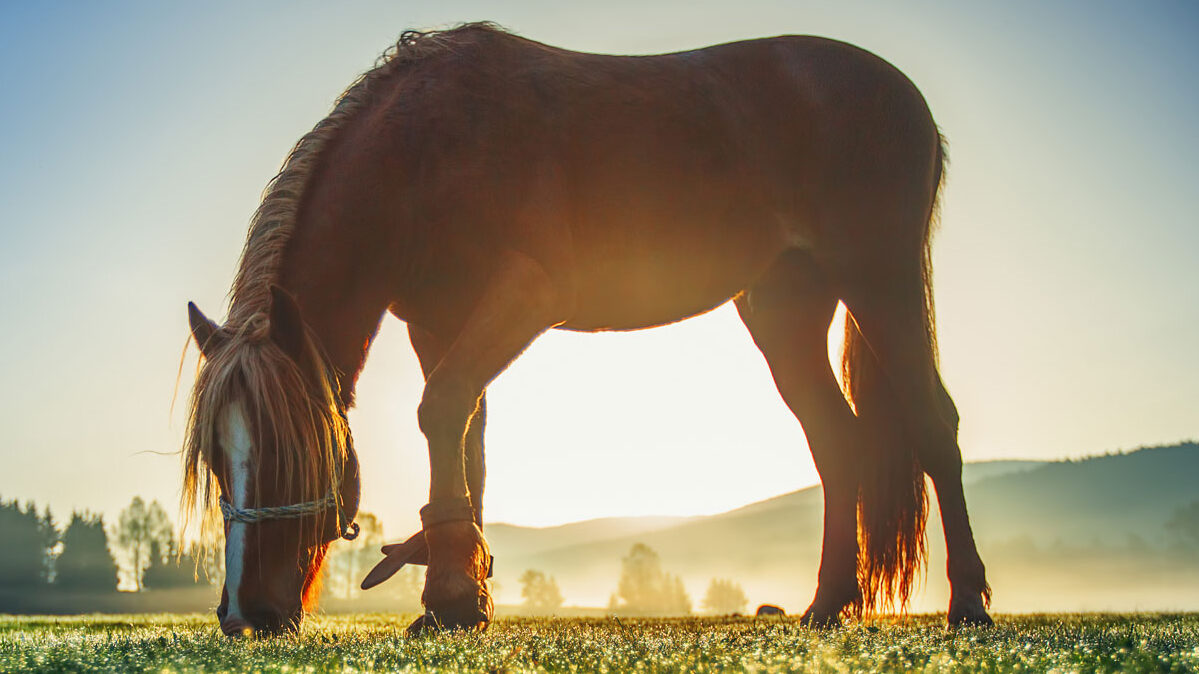Tackling Health Challenges, 7,500 Miles Away
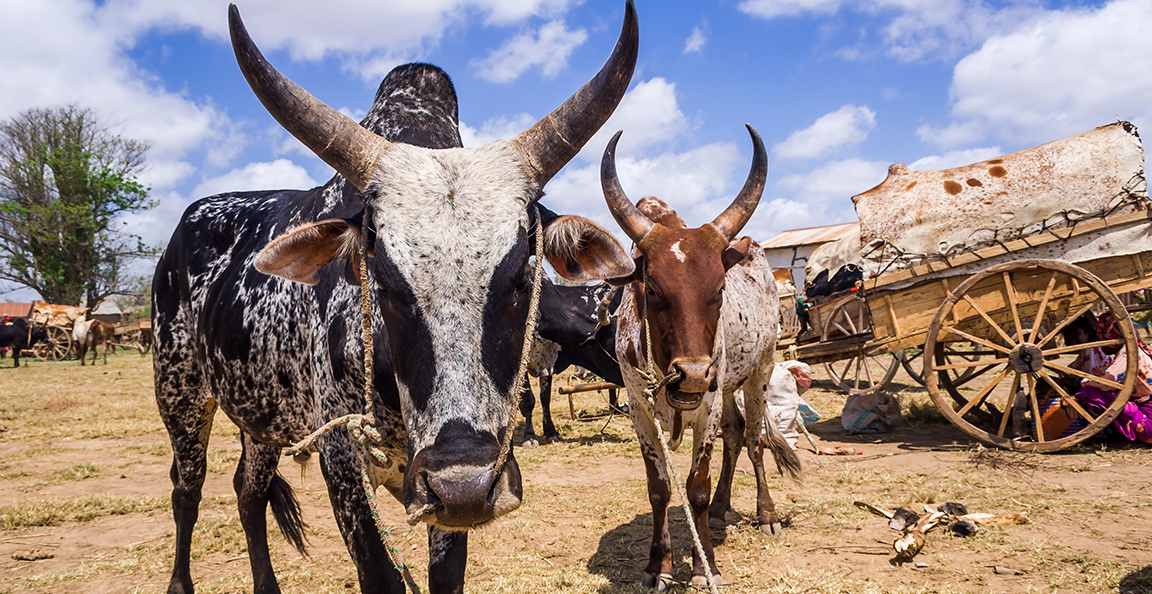
They may step out of the classroom during the summer, but NC State College of Veterinary Medicine students don’t stray far from their chosen field.
That’s particularly true for those earning a CVM certificate in global health. This summer, three students worked on global health research projects, a required component of the certificate program. The 10-week projects provide hand-on experience with global health research techniques, including fieldwork and experimental designs. The research project also stresses the importance of multidisciplinary collaborations in addressing global health concerns.
“Veterinarians have an increasingly important role to play in addressing the grand global health challenges of the 21st century, particularly in areas such as infectious disease control, antimicrobial resistance and food security,” said Andy Stringer, CVM director of global health education. “The program lets DVM students examine the complexities inherent in improving health on a global scale.”
Here’s a look at the students’ international experiences this summer.
Keli Gerken, DVM candidate, Class of 2020
Project: Characterizing pathogens and human behavior related to dairy animal source foods
Where: Addis Ababa, Ethiopia

The work: Gerken not only studied the microbial quality of milk, yogurt and cheese in urban areas of Ethiopia’s capital, but also gathered information on processing, consumption and storage practices through interviews with female dairy owners. “Household food security, hunger and undernutrition are critical issues,” said Gerken. “The poor nutritional status of women and children is a significant contribution to the problem.”
The impact: Ethiopia has one of the largest childhood death rates from diarrheal disease worldwide, a condition that is primarily linked to contaminated foods, and milk products sourced from small farms and sold in urban areas is a big business in the country.
Ensuring global food security is a major goal of groups such as the World Health Organization, which notes that in 2016, there were an estimated 815 million undernourished people in the world, up from 777 million in 2015. Making sure animal source foods are safe is a big part of combating such rising numbers.
The goal: Gerken’s study aims to provide a richer understanding of animal source food practices in the region, highlighting risky behaviors related to the sanitation of dairy equipment and evaluating safety perceptions of people involved in food production. Such information can guide the development of future interventional and educational programs in the region. “This project recognizes the intrinsic link between livestock and livelihoods,” Gerken said. “Its intention is to influence policy and interventions that improve the safety of ASFs in urban centers across sub-Saharan Africa.”
Hannah Varnell, DVM candidate, Class of 2020
Project: Surveying the quality and safety of milk sold in informal markets
Where: Nairobi, Kenya

The work: As a graduate fellow with the International Livestock Research Institute, Varnell analyzed laboratory findings from household milk samples purchased in areas surrounding urban Nairobi. Groups such as the Kenya Dairy Board and the Kenya Dairy Traders Association are encouraged to use the findings to reevaluate informal milk market treatment practices, Varnell said. The research looked at bacteria loads in samples and rated quality standards such as fat and lactic acid content.
The impact: While there are mild differences in quality and safety of milk between informal and formal sectors, informal market milk in the survey was found to be “overwhelmingly unsafe,” said Varnell.
Among other findings, the research noted that the average consumer is not adequately preparing and storing milk. Milk samples had significant levels of aflatoxin M1, exposure to which is linked to human liver cancer. Aflatoxin is a food safety issue in Kenya because of improper animal feed storage, said Varnell. “The AFM1 levels in the informal milk samples are irrefutably an immediate and long term public health concern for Kenya,” she said.
The goal: Varnell’s research is part of a broader, five-year ILRI study called the MoreMilk Project. The goals include improving the quality and safety of informal market milk through vendor training, consumer education and influencing public policymakers. “The data serves as a good indication for the need to reform the informal milk markets,” said Varnell.
Annie Wang, DVM/Ph.D. dual program candidate, Class of 2021
Project: Investigating antimicrobial resistance in intestinal bacteria among small-scale farm livestock and people
Where: Southern Sri Lanka
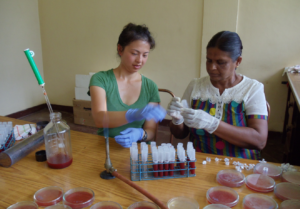
The work: The project, the first of its kind in the area, involved seeking out small farms in which livestock owners and their families live in closer quarters than what’s typically seen in the United States. Livestock fecal samples were screened for Campylobacter and one type of the bacteria family Enterobacteriaceae that produces antibiotic-destroying enzymes. Wang had to get approval for the work from the University of Ruhuna and Sri Lanka’s Department of Animal Production and Health. “We were very fortunate in that these DAPH officers were incredibly supportive of helping us do this research,” said Wang.
The impact: Antimicrobial resistance increases around the world threaten human and animal health, and Sri Lanka’s AMR rates match the high rates of other countries in Southeast Asia. In 2011, Sri Lanka, as a World Health Organization South-East Asia Region member state, signed a declaration to regulate use of antimicrobial agents to prolong and preserve their efficacy.
The goal: Once collected bacteria are isolated at the University of Ruhuna’s microbiology lab, isolates will be sent to Duke University and NC State for whole genome sequencing and other tests, said Wang. “With this additional data, we can better understand the ecological and evolutionary dynamics of resistance in this region,” she said.
- Categories:
